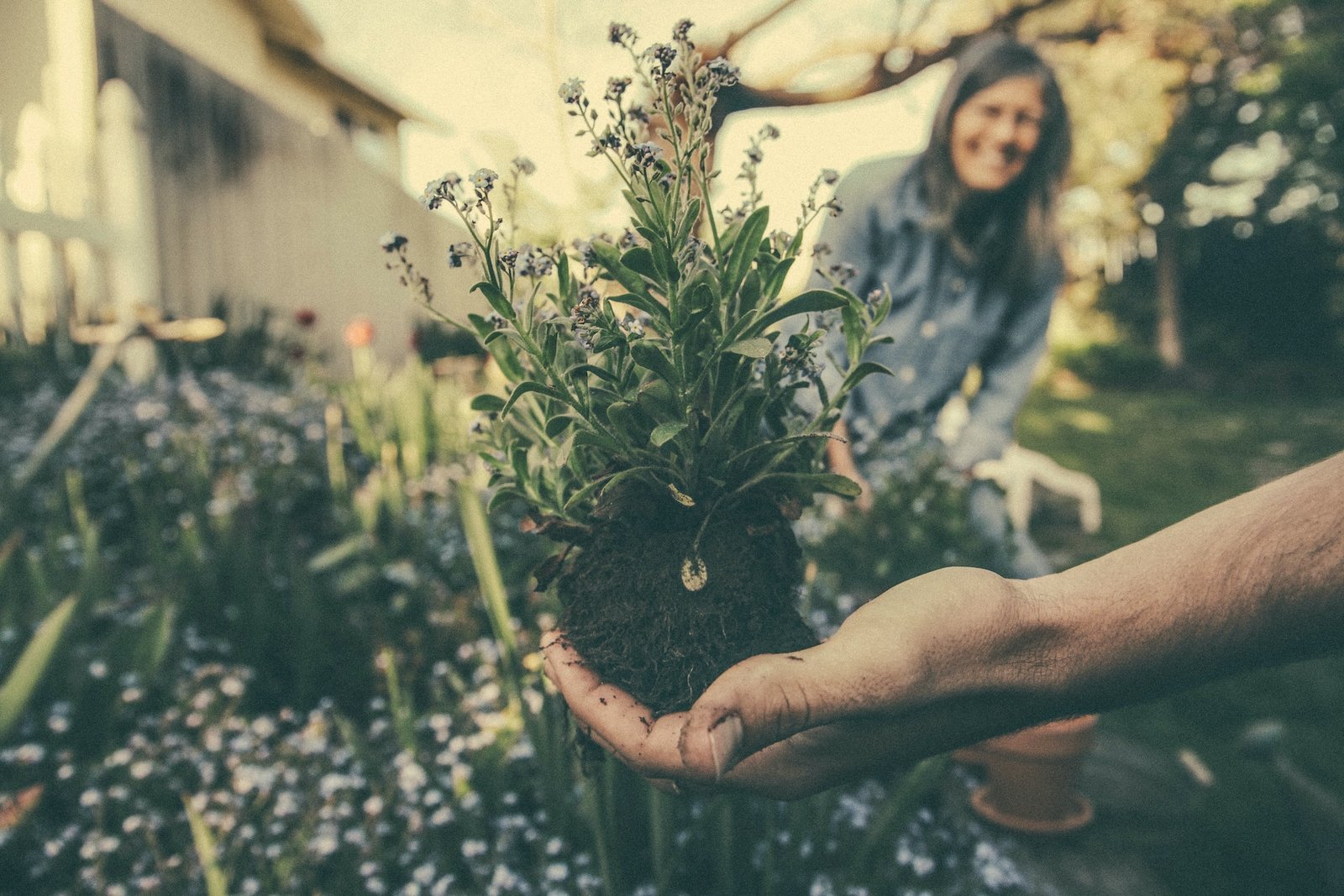Gardening is not just a hobby; it is a passion. For many, it is therapeutic, grounding them in Mother Earth. However, success in gardening does not just depend on planting seeds and hoping for the best; it is all about the consistent effort and knowledge of “tending to garden” essentials. Therefore, whether you are a novice or an experienced gardener, this guide offers a comprehensive look into ensuring your plants flourish.
1. Understanding Your Soil
Before you even think about planting, it is vital to understand the kind of soil you are working with. Tending to garden soil means testing it for pH levels, nutrient content, and drainage capacity. Depending on the results, you can then enrich the soil with compost, organic matter, or specific fertilizers.
2. The Right Plant in the Right Place
Every plant has its preference for sunlight, water, and soil type. Tending to garden plants starts with ensuring that you place them in their ideal conditions. Research your chosen plants and match their needs with the spots you have got in your garden.
3. Watering Wisdom
Tending to garden needs means mastering the art of watering. Too much or too little can stunt growth or even kill your plants. Typically, it is best to water in the early morning or late afternoon when the sun’s rays aren’t as intense. Use a watering can or a soaker hose for deep watering, ensuring roots get the moisture they need.
4. Boosting Growth Rates
To elevate the growth rates, tending to garden plants requires a regular supply of nutrients. This means integrating organic compost, using the right kind of fertilizers, and ensuring aeration. Plants thrive when they get the essentials in the right amount.
5. Pruning & Deadheading
Tending to garden growth also means trimming away the excess. Regular pruning encourages plants to grow more robustly. Deadheading, or removing spent flowers, can often stimulate plants to produce more blooms.
6. Natural Pest Control
When it comes to pests, prevention is the first step in tending to garden safety. Encourage beneficial insects like ladybugs and lacewings by planting their favorite plants. If pests still appear, opt for organic pesticides or homemade solutions to ensure you’re not harming the environment or your plants.
7. Mulching Matters
Mulching is a fantastic way to retain soil moisture, suppress weeds, and improve soil health. When you’re tending to garden beds, adding a layer of organic mulch can make a significant difference in plant health.
8. Staying Observant
The key to a successful garden is regular observation. Walk through your garden often, inspecting plants for signs of stress or disease, and take note of any changes in growth.
Read Also:
Grandma Gardening: Age-Old Secrets to a Thriving Garden
9. Community Connections: Growing Together
Creating a network of like-minded garden enthusiasts can provide a valuable opportunity to share ideas and expertise. Consider joining nearby gardening clubs, attending workshops, and connecting with professionals in the field to enhance your gardening journey with a social aspect.
10. Technological Touch: Leveraging Modern Tools
In the modern age, tending to garden spaces can be enhanced with technology. Utilize apps for plant identification, pest diagnosis, and garden planning. These tools can provide valuable support and streamline your gardening process.
11. Seasonal Symphony: Harmonizing with Nature
Embrace the seasonal shifts as an opportunity to renew and refresh your garden space. Tending to garden transitions requires adapting your care routine, possibly introducing new plant varieties, and preparing your garden to weather the changing conditions gracefully.
Conclusion:
Gardening can be a peaceful and rewarding activity. Taking care of your garden’s unique needs can create a thriving ecosystem within your reach. Every nurturing gesture, such as adding organic matter to the soil or protecting plants from pests, fosters a harmonious relationship with nature. This journey of learning and discovery is not just about beautiful flowers and foliage, but also about creating a sanctuary where time slows down and the beauty of life unfolds naturally. As you continue to immerse yourself in gardening, your efforts will be rewarded with lush greenery and a haven for local wildlife that promotes a balanced, vibrant, and sustainable ecosystem right in your backyard. Gardening is not just about cultivating plants but also cultivating patience, joy, and a deeper connection with the intricate web of life.

